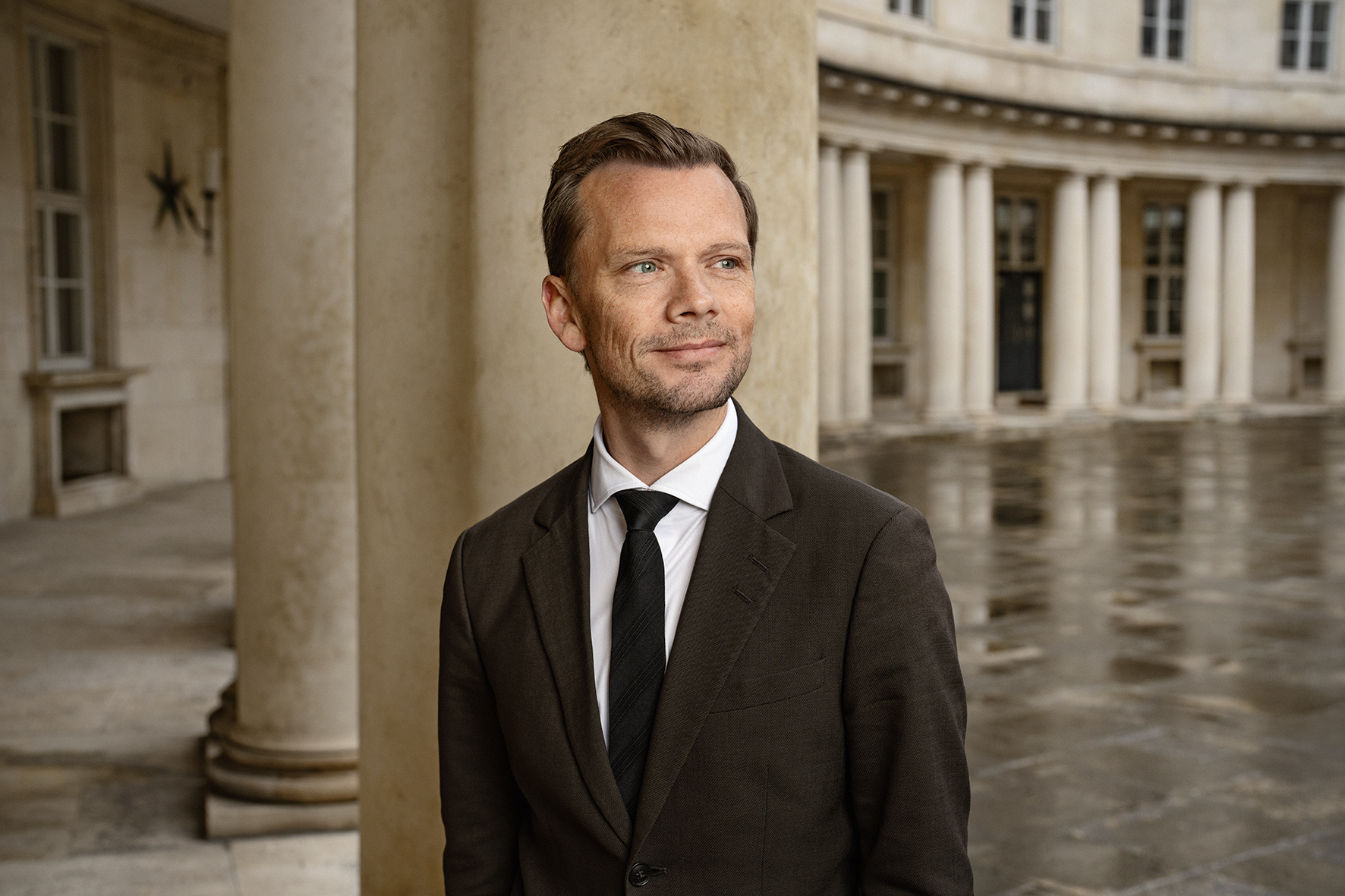A new study from Aarhus University has revealed that the malaria medicine Atovaquone helps prevent COVID-19 infection in different cells.
The research showed that the medicine has a protective effect both before and after infection – meaning, if approved, it may be used for both prevention and treatment of COVID-19.
However, the effectiveness of the drug in the human body is yet to be tested, as it has so far only been studied using human cells in a laboratory.
New medicine vs covid-19 variants
The research highlighted the ability of Atovaquone to block infection across different viral variants such as alpha, beta and delta variants.
Furthermore, it can reduce the inflammatory response, known to contribute to the development of COVID-19.
The efficacy of the drug against the new omicron variant, however, has not yet been tested, as the researchers do not yet have access to it.
Clinical trials and more
The inexpensive and widely available drug must first be validated in two clinical trials with patients.
These trials, which began in 2020, are taking place in the USA – at the University of Texas Southwestern Medical Centre and the HonorHealth Research Institute in Arizona.
The study is financed by the Lundbeck Foundation, the Hørslev Foundation and the Brødrene Hartmanns Foundation.
Atovaquone has already been approved by the US Food and Drug Administration (FDA). As part of the medication Malarone, it has been used for the treatment and prevention of malaria since 1999.
Nature’s messy eaters are important
Researchers from the University of Copenhagen have discovered the ways different animal species use each other to get food. Monkeys, also called ‘food pigs’, are messy eaters and often drop pieces of fruit on the ground – a process that feeds many other fruit-eating ground-dwelling mammals. Camera traps under the trees tracked the movements of 32 animals and played the sound of monkeys in trees to test whether the ground animals were attracted to the monkey’s as a food source.
AI tool to combat COVID-19 variants
A new AI tool makes it possible to predict the structure of proteins faster, which will enable the development of future vaccines against coronavirus variants, according to a study from the University of Copenhagen. The name of a tool is BIFROST and it puts together the virus proteins most likely to be included in a vaccine using algorithms.
Eye model can improve corneal transplantation
Researchers from the Technical University of Denmark (DTU) have developed an eye model that Rigshospitalet will use to optimise transplantation and other treatments for the cornea, the eye’s clear, protective outer layer. The model studies how a human cornea thrives best after a transplant. If implemented, it may affect some 600 corneal transplants performed annually in Denmark.
DTU tops IT workplace rankings
The annual IT Company Rank, compiled by Ingeniørens Mediehus, has named DTU number two in Denmark – surpassed only by Microsoft, in terms of being an attractive IT workplace. Furthermore, DTU is number one among public companies.
Insect inspiration for robot grippers
Drawing inspiration from grasshoppers has led researchers from the University of Southern Denmark (SDU) to develop gentle robot grippers that can handle foods and save 20 percent of energy costs. The research is taking place in five countries and could revolutionise the entire robot industry.
Drones to check high voltage cables
In the future, drones could replace time-consuming manual inspection of high-voltage cables, which cost millions of kroner annually in inspections. The SDU project Drones4Energy showed that drones could inspect the 7,000 kilometres of high-voltage cables in Denmark, report any errors using artificial intelligence and autonomously charge on the cables along the way. It would also make the expensive use of helicopter inspections redundant.
New operation technique a boost to cancer patients
A new ALPPS technique for operating on the liver of cancer patients may help 50 percent more and extend patient lives from the 26 months median survival to 46 months. The technique involves surgeons cutting the cancerous liver in two and fertilising the healthy part of the liver, which can double in size within a week. Surgeons from Rigshospitalet, Nicolai Aagaard Schultz and Peter Nørgaard Larsen, have performed surgery with the new technique around 50 times.
A care crisis in the Nordic states?
Researchers from Roskilde University have published the book ‘A care crisis in the Nordic welfare states’. The book discusses problems the healthcare system faces in Denmark, Finland, Norway and Sweden, which, in the opinion of authors, lead to staff shortages.













